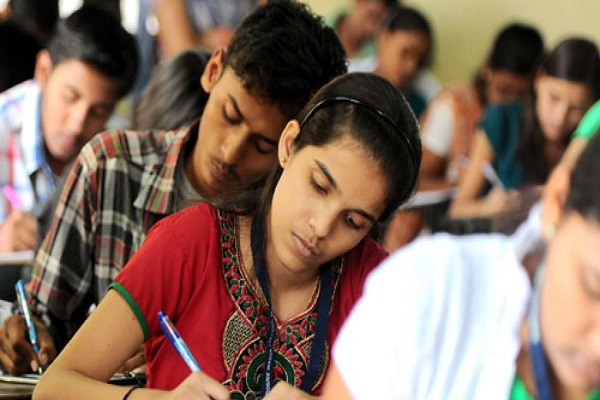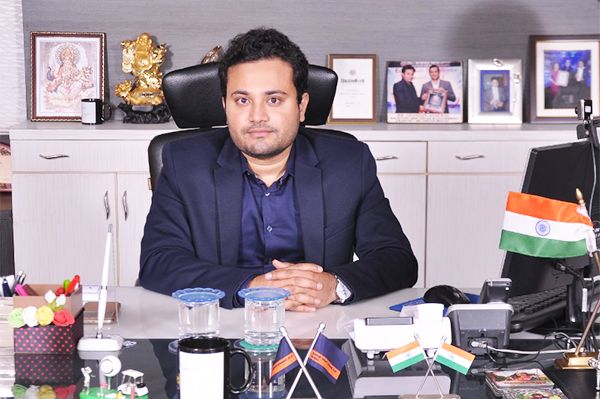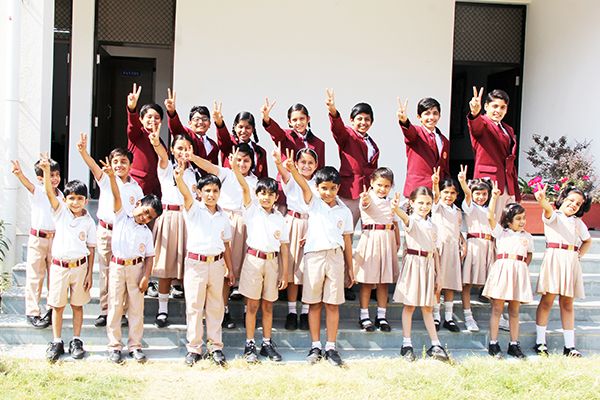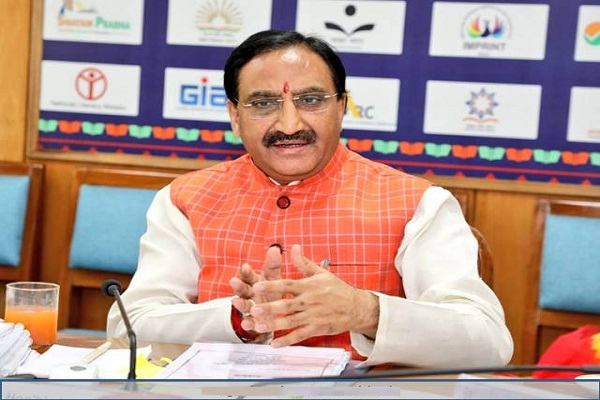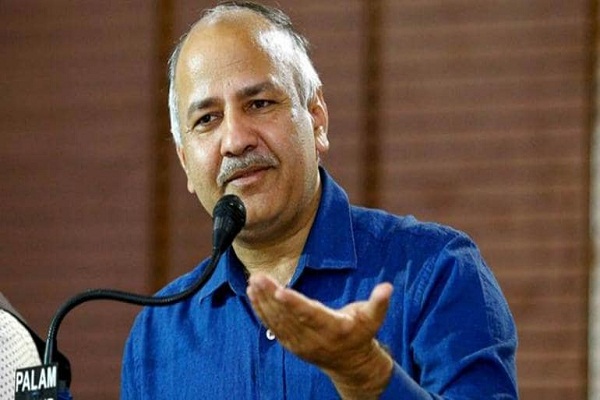The Kalorex Group has made an indelible mark on the educational landscape of Gujarat. Since the 25 years of its inception in 1995, the Group’s vision has been focused unwaveringly on the learning needs of students. It has welcomed students from all strata of society and from varied backgrounds into the warm and comforting environment offered in its various institutions. Catering to its stakeholders’ needs has been of paramount importance for the Kalorex Group and it has strived to offer the best in all educational services for its students, teachers and parents.
The MD & CEO of the Kalorex Group, Dr. Manjula Pooja Shroff, is an extremely dynamic and enterprising leader who has become a name synonymous with education. She has been a game changer in the industry and has been an inspiration and role model for all lives she has touched in her professional and personal capacity. Her attitude of being ahead of her times and incorporating innovative practices in the teaching process has been instrumental in keeping the Kalorex name a front runner in the education sector in the state.
In 1996, The Delhi Public School was established under the aegis of the Kalorex Foundation in Ahmedabad. This initiative of the Kalorex Group marked the beginning of a chain of schools which came up after the success of this flagship institution. Today over a span of 25 years, the Kalorex Group now runs two CBSE affiliated DPS schools, an IB-affiliated Calorx Olive International School in Ahmedabad and four CBSE-affiliated Calorx Public Schools in Ahmedabad, Rajula, Mundra and Bharuch in Gujarat. Moreover, the group also runs 30+ pre-schools as company owned and franchise models in different states and cities in the country. It boasts of more than 12,000 plus students from more than 24 nationalities and a staff strength of about 1300 team members who work hard towards meeting the Group’s objectives.
Living up to the Mission and Vision of the group of being the first choice for all possible target groups in providing quality education, Kalorex has been a pioneer in offering its services to all sections of the society without compromising on quality.Hence, Kalorex also offers its services towards uplifting the less privileged children by providing a foster home, Visamo Kids Foundation, and ensuring K-12 education for them in the best schools of the city. The students having learning difficulties are given special attention in Kalorex Prerna, a one of its kind school, with a focus on students having dyslexia or other academic concerns.
Also read: Sunir Nagi, Principal, Pallavi Model School, Telangana: Online learning can help students
The Vocational & Educational Development Institute of Calorx (VEDIC) offers skill building towards employability for destitute girls and women.
Kalorex has a distinctive vision of expanding by bringing in the Institutional expertise/experience by taking over the Operations and Management of the Schools / providing complete Hand holding and Consultancy services.
Keeping its Service Promise to “serve you with a smile and hold an umbrella over your head when it rains”, Kalorex offers a myriad of avenues for students to find their talent and create a niche for themselves when they step out in the world. The alumni of the group who are making a name for themselves across the world, are the ambassadors who make Kalorex a renowned name in the educational circles.
The Kalorex Core Values exemplify the evolution of the organization with time and incorporate the values that have seeped into the organizational culture, signifying that it is always– Kinetic and Evolving, strives towards Academic Excellence, always Lives in the gaps, expects Ownership, questions Raison D’etre,Empowers all and demonstrates the X factor.
Shaping Glocal Learners is the Kalorex Mantra followed by all educators working under the Kalorex banner. The teaching learning pedagogy follows an experiential approach where a Global experience is provided within the essence of the Local environment. Literacies of Language, Media and Finance are inculcated right from the primary years for the young minds to grasp the importance of these skills. Problem solving skills form an integral part of K-12 education. Issues of National and International importance are taken up daily to sensitize students about the needs of the hour. Interdisciplinary teaching to establish connects between different subjects and instill applicability in real life is a daily practice in all Kalorex schools.
During the ongoing pandemic, a wave of digitalization has swept across the K-12 education and also engulfed the higher education sector greatly. The app and software based culture is more of a challenge for teachers today and they have to move at an equally rapid pace to keep abreast of the technological advancements to which students adapt like fish to water. New educational technologies and tech based pedagogies are the demands of the present and future, and it is in our best interests to imbibe them to the fullest extent. The visionary leadership of Kalorex has always encouraged these practices and also facilitate trainings wherever required.
This approach has been greatly advantageous in the new normal situation existing in the world. While a number of schools across the country struggled to cope, the Kalorex teachers were well prepared to shift their teaching process to the digital and online learning platform. Synchronous and asynchronous learning never lost its pace and kept the students completely engaged, keeping up with the curriculum and enjoy the blended learning process thoroughly. This received tremendous appreciation from the parent community as well.
The Kalorex Group looks ahead to expand in the near future keeping in mind the new normal and taking it as an opportunity to come up with better and innovative teaching – learning processes. Even in all adversity the spirit is kept high with continuous efforts to ensure the quality of service keeps getting better.







